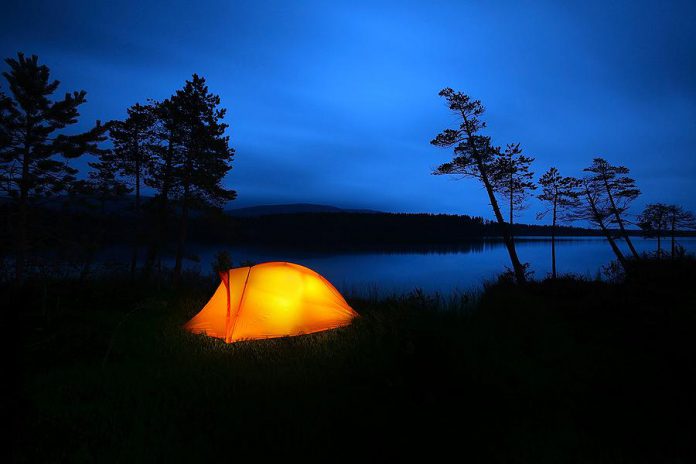
The Ontario government has extended the COVID-19 state of emergency in Ontario until Thursday, April 23rd, including all emergency orders made to date under the Emergency Management and Civil Protection Act and several new ones, such as prohibiting recreational camping on Crown land.
The emergency orders made to date include the closure of outdoor amenities in parks and recreational areas, non-essential workplaces, public places, and bars and restaurants, along with restrictions on social gatherings and the prohibition of price gouging.
In addition, new emergency orders include addressing the surge capacity in retirement homes, restricting recreational camping on Crown land, and allowing the repurposing of existing buildings and temporary structures.
All of these actions are based on the advice of Ontario’s Chief Medical Officer of Health.
“I understand the actions we are taking are affecting the lives and livelihoods of people across the province,” Ontario Premier Doug Ford said. “But these are extraordinary times and we need to do whatever we can to keep individuals and families safe and stop the spread of this terrible virus.”
“We all must continue to do our part by staying home and practicing physical distancing. With the proper precautions and additional measures we’re taking today, I am confident we will get through this together and stronger.”
The additional emergency measures announced by the government are:
- Making it easier to repurpose existing buildings and put up temporary structures, like tents, so communities can meet their local needs quickly. This will reduce pressure on health care facilities, where needed, and help shelters provide more space for sleeping to maintain the physical distancing requirements to reduce the spread of the virus.
- Temporarily enabling hospitals to increase their capacity by using the beds and services of retirement homes without certain labour relations implications during the declared provincial emergency.
- Prohibiting recreational camping on Crown land as of Thursday, April 9th. Under the emergency order, no individual can camp on Crown land, including the placement of tents or other camping structures, while the order is in effect. The government will continue to monitor the situation and re-evaluate if further actions are required.
- Supporting construction workers and businesses with emergency action to help improve cash flow in the construction industry during the COVID-19 outbreak. This will lift the suspension of limitation periods and procedural time periods under the Construction Act and allow the release of holdback payments to contractors and subcontractors.
Ontario first declared a state of emergency under the Emergency Management and Civil Protection Act on Tuesday, March 17th. The legislation only allows the government to declare emergencies in 14-day increments.
Here are all the emergency orders in Ontario that have been extended until April 23rd:
- Closure of public places and establishments with exemption for emergency child care for health care and frontline essential service workers
- Prohibiting events and gatherings of more than five people
- Work deployment for health service providers
- Drinking water and sewage
- Electronic service of documents
- Work deployment for long-term care homes
- Electricity pricing
- Closure of non-essential workplaces
- Traffic management
- Streamlining requirements for long-term care homes
- Prohibiting unfair pricing for necessary goods
- Enforcement of orders
- Work deployment for boards of health
- Work deployment measures in retirement homes
- Access to COVID-19 status information by specified persons
- Service agencies providing services and supports to adults with developmental disabilities
- Pick up and delivery of cannabis
- Signatures in wills and powers of attorney
- Use of force and firearms in policing services
- Closure of outdoor recreational amenities


























